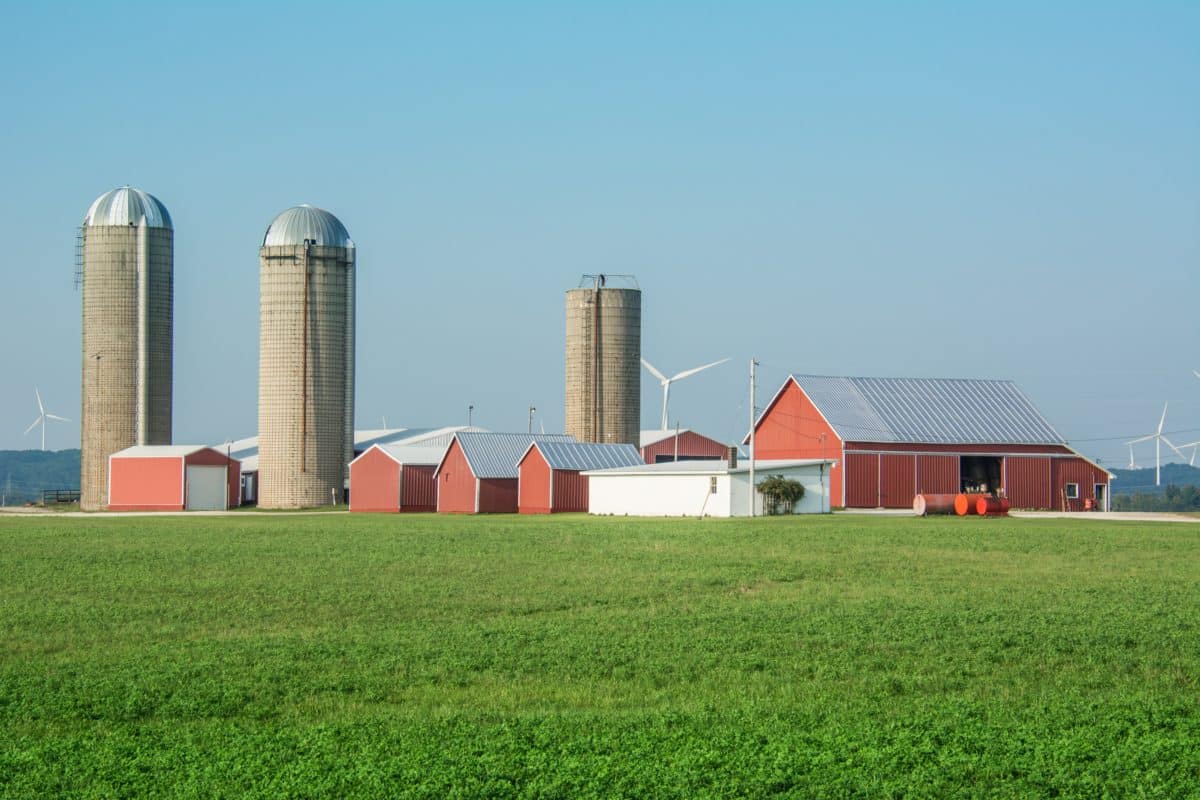As the industrial revolution took hold of America in the early 1900s, many farmers left their farms to work in mills and factories across the United States. Although at the turn of the century American cities and towns were still very connected to the farming community, with the industrial revolution the connection to production agriculture and farm animal husbandry became a longer, thinner line.
With fewer people farming the land and more needing to eat, it was a time of shifting priorities. Food imports grew as Americans wanted diversity in foods, while many farmers sold off their land for housing developments. As farms and suburban developments grew physically closer, there were drastic changes in communities where farmers once dominated. Normal agricultural practices were seen as nuisances to the newcomers, and with fewer farmers involved in local government, waves of regulations began to threaten the farmers’ very existence.
In an effort to keep agricultural representation in local government, the town of Dartmouth, Massachusetts, formed the first Agricultural Commission in 1988, to assist and help agriculture flourish in their community. Dartmouth was way ahead of their time.
Agricultural Commissions (Ag Coms) did not take off initially and there were just a few in the state, with six commissions in the Commonwealth by the year 2001. In 2002, Douglas Gillespie, a new commissioner in charge of the Massachusetts Department of Agricultural Resources (MDAR) came into office with a mission to develop more Ag Coms to help support the farming community. The purpose of Ag Coms as set forth by Commissioner Gillespie was to represent and support farmers at the local and state level of government, promote agriculture, provide community education on agriculture practices, give farmers a voice in local government, and to help settle local disputes with respect to agriculture.
Agricultural Commissions were formed at the local level via town meetings and municipal governments. Massachusetts’ local government home-rule abilities allowed many Ag Coms to develop growing duties within their communities, with farmers being a majority of the Ag Com board.
Maintaining a true connection to production agriculture has been crucial for Ag Coms. That relationship was fostered in the beginning with Commissioner Gillespie and the Massachusetts Farm Bureau Federation, and it continues today.
As Ag Coms developed under Commissioner Gillespie, so did the relationships with the founders from each community. A core group under the guidance of the next Commissioner of MDAR, Scott Soars, formed a steering committee to assist Ag Coms with training, encouragement and resources. Regional support efforts directed by the steering committee, with the help of the Mass Farm Bureau, MDAR, and dedicated agricultural leaders, led to the formation of an association to unite and support Ag Coms.
The Massachusetts Association of Agricultural Commissions (MAAC) was founded in 2010 at one of the largest regional meetings.
As of 2017, there are approximately 172 Agricultural Commissions in Massachusetts. MAAC has helped to form new Ag Coms, and unite, support, and train them to support all levels of agriculture. MAAC strives to have a board of directors representing counties across the state, and advisers from agricultural leadership. The message of supporting agriculture at the local level has been heard in other states in the United States and Ag Coms are being founded in nearby New England states.
Maintaining a connection to those who produce the foods that we eat and understanding how to produce our own is critical today, as many people are now four generations removed from agriculture. One percent of our population feeds ninety-nine percent and we must all come to the table to support agriculture. ![]()
First published December 2016
